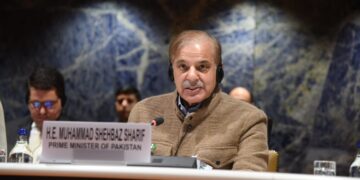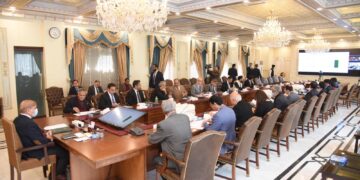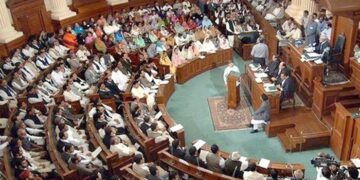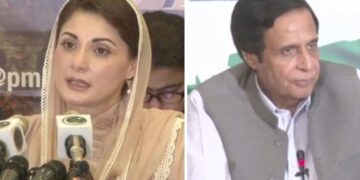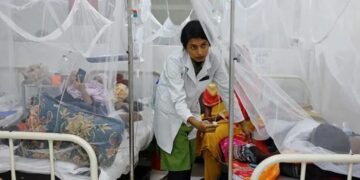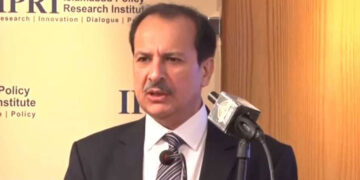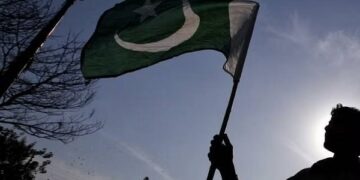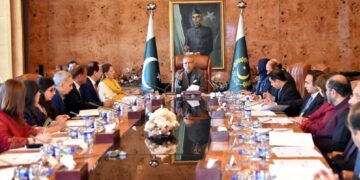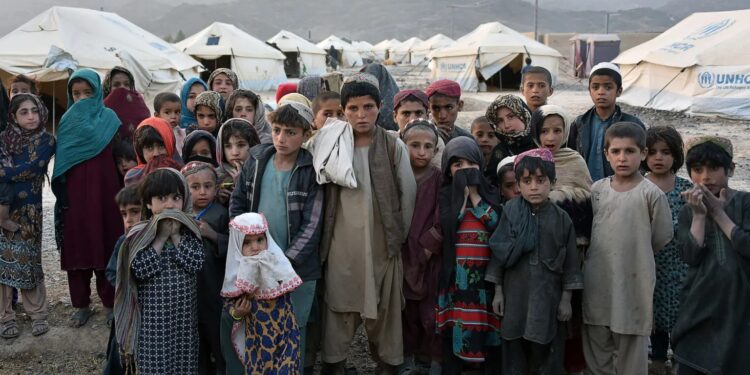The Acting Commerce Minister of Taliban, Haji Nooruddin Azizi held meeting with the Foreign Minister of Pakistan, Jalil Abbas Jilani, in Islamabad. The details about the meeting has been shared by the Embassy of Afghanistan on Tuesday.
It is to be noted that the leaders held discussion on several major topics of concern including the trade and the possible way if how thousands of expelled Afghan citizens from Pakistan could take their cash along with other important assets back to their homeland.
The visit takes place less than a week after Pakistan made a statement about its move of expelling over thousands of undocumented Afghans was reply to the unwillingness of the Taliban-led administration to act against the militants using Afghanistan to carry out attacks in Pakistan.
While mentioning about the meeting between both the ministers, the Embassy of Afghanistan in Islamabad said that, “Bilateral trade, especially the stranded goods of Afghan traders in Karachi port, smooth transfer of Afghan refugees’ properties to Afghanistan and related issues were discussed.”
At the same time, the Afghan citizens that are returning to Afghanistan added that there are strict restrictions on the transfer of cash and property to Afghanistan from Pakistan, where many had built businesses and homes for decades.
As per the Foreign Office, Minister Jilani said that, “Full potential for regional trade and connectivity can be harnessed with collective action against terrorism.”
Minister Azizi urged Pakistan for release of thousands of containers of imports it said were stuck at the Karachi Port since Pakistan clamped down on transnational cargo.
Pakistan authorities said that they have lost over millions of dollars in taxes as goods are being sent duty-free from its ports to land-locked Afghanistan, and then smuggled back across the border.
Afghan authorities has further alleged that Pakistan has stopped more than 3,000 Afghanistan-bound containers at Karachi port while demanding more tax and duty payments, causing millions of dollars in losses to traders.
The goods include high-end electronics, machine parts, chemicals and textiles — all of which attract huge tariffs if imported to Pakistan.
